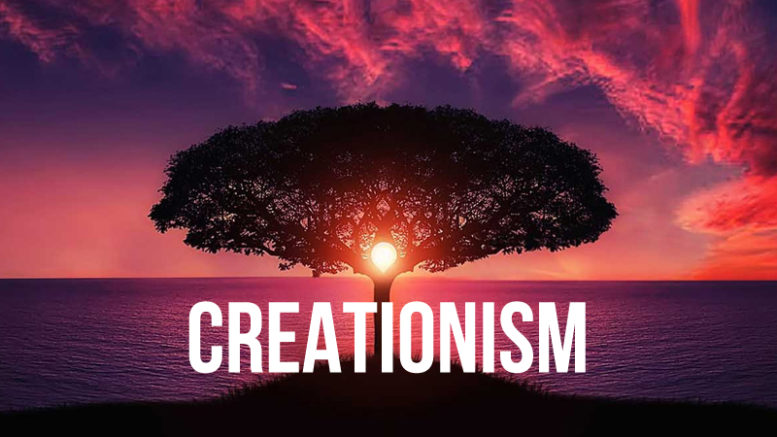Playback speed:
The Age of the Earth: Understanding Creation from a Young Earth Perspective
The question of the earth’s age is a significant debate within Christian and scientific communities. For many believers, the literal interpretation of Genesis supports a young earth, created about 6,000 to 10,000 years ago. This viewpoint is crucial for those who hold that Scripture is inerrant and trustworthy. However, the dialogue between faith and science often presents challenges, as discussed in a recent episode of Prophecy Watchers featuring Derek Gilbert and Donna Howell. They explore whether science and faith must be contradictory, particularly regarding the age of the earth.
The Biblical Foundation for a Young Earth
The young earth perspective is based on a literal reading of Genesis. According to the Bible, God created the heavens and the earth in six days. If these days are understood as 24-hour periods, genealogical records suggest the earth is only a few thousand years old. This interpretation upholds the Bible as the authoritative Word of God, providing a historically accurate account of creation.
Exploring the Science-Faith Dialogue
In the Prophecy Watchers episode, Donna Howell and Derek Gilbert discuss the tension between secular scientific claims of ancient earth and the young earth view. Howell notes,
“The world says the Earth is very, very old, and the Christian Church says no if you’re a Christian, you have to believe that it’s very young.”
This conflict often leads to doubt, making some Christians feel torn between accepting scientific evidence and trusting the biblical account.
Gilbert emphasizes that scientific constants, such as the speed of light, are not as fixed as once thought. He cites the work of Christian physicist Barry Setterfield, who has documented changes in the speed of light. These findings suggest that the assumptions underpinning the ancient earth theory may be flawed, opening the possibility that the earth could indeed be much younger than mainstream science claims.
The Gap Theory and Ruin and Restoration
The discussion also touches on the Gap Theory, proposing a time gap between Genesis 1:1 and Genesis 1:2. This theory, also known as the Ruin and Restoration Theory, suggests that the earth became “formless and void” due to a cataclysmic event before the creation week. While this theory tries to reconcile the biblical narrative with older earth, it is not widely accepted among young earth proponents, who argue that such theories dilute the plain reading of Scripture.
The Role of Archaeology
As the Prophecy Watchers discussion continues, the importance of biblical archaeology in understanding the biblical narrative is highlighted. Howell mentions ancient sites like Göbekli Tepe and Tiwanaku, which display advanced knowledge and serpent worship—elements often associated with the pre-flood world. These findings challenge conventional timelines and support the idea that early human civilization was more advanced than typically believed, aligning with a young earth view.
Evangelism and the Age of the Earth
One critical point raised is the impact of the age of the earth debate on evangelism. Gilbert warns that insisting on an old earth can create stumbling blocks for those considering the Christian faith. If the Bible is perceived as unreliable in its opening chapters, it can undermine the entire gospel message. Therefore, maintaining a young earth perspective is crucial for preserving the integrity of Scripture and effectively sharing the faith.
Conclusion
The age of the earth is more than an academic debate—it is a matter of faith and trust in God’s Word. As the Prophecy Watchers episode illustrates, understanding the age of the earth through a biblical lens strengthens personal faith and serves as a powerful tool in evangelism. While science and faith may seem at odds, believers are called to hold fast to the truth of Scripture, confident that God’s Word is both reliable and authoritative.
Watch the Full Discussion on Prophecy Watchers
For a deeper exploration of this topic, you can watch the full discussion with Derek Gilbert and Donna Howell on Prophecy Watchers’ YouTube channel. They delve into the complexities of the age of the earth, the implications for faith, and the ongoing dialogue between science and Scripture.
References
- Promoting Creationism as Revealed in the Book of Genesis, in Six 24-Hour Days
- Prophecy Watchers, “The Age of the Earth Controversy | Derek Gilbert and Donna Howell” [YouTube link]
- Genesis 1-2
- Isaiah 45:18

